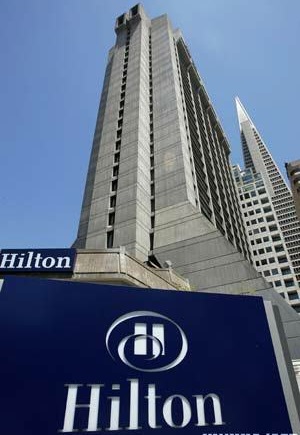
(AFP Photo / Phillippe Huguen)
Economic experts expect inflation rates to rise in July after the government’s decision to increase fuel prices, from the stable annual urban inflation rate of 8.2% in May and June.
Fuel price hikes will lead to an increase in the prices of food items, transportation fares and building materials, said Mohsen Adel, a member of the Egyptian Stock Exchange’s board of directors. He stressed that the government should communicate with items and service providers to discuss decreasing the profit margin of companies in order to protect the consumer.
The government’s decision has challenged the Central Bank of Egypt (CBE) to curb inflation, said Adel, also Vice Chairman of the Egyptian Association for Financing and Investment Studies.
He added that the main goal of CBE’s monetary policy is to maintain the stability of prices.
Adel said the CBE has its own methods of controlling inflation rates through increasing interest rates or the mandatory reserves, which is a share from banks’ deposits in the CBE. He added that it can determine which of these decisions is appropriate.
He also said that the decision may lead to a slump in consumers’ purchasing power due to an expected decrease in individual incomes.
In the long term, however, trimming the budget deficit and the Balance of Payments may lead to a reduction in price levels, Adel said. He stressed that this must be accompanied by government efforts to monitor the markets.
Economic expert Bassant Fahmy expected an increase in inflation rates between 1% and 2% in reaction to fuel price increases. However, Fahmy asserted that sellers would not “significantly” increase prices of items so as to ensure that customers would buy at the same rates they used to.
“Inflation would go higher if the CBE has moved to increase banknotes issuance to control the situation,” she added.
President Abdel Fattah Al-Sisi’s government raised automotive petroleum product prices on 4 June, including fuel, diesel and natural gas, as a means to finance the growing budget deficit.
In a similar move, Al-Sisi reduced petroleum subsidies in the FY 2014/2015 budget to EGP100bn, compared to EGP134bn for FY 2013/2014.
Following the government’s decision, reports from the street have indicated a rate of increase in transportation fares of between 35% to 50%. The figure was contradictory to CAPMAS pricing guide for bus drivers, which set a rise in fares between 2.3% and 7%.
Head of the Central Agency for Public Mobilisation and Statistics (CAPMAS), Abo Bakr Al-Gendy said 10 July that inflation figures are expected to go higher affected by fuel price hikes. Al-Gendy made the announcement during a press conference to announce June’s inflation rates.
The month-on-month Consumer Price Index (CPI) has increased by nearly 1%, after witnessing a 0.7% decline in May. The increase can be attributed to an increase in food prices especially fruits and vegetables affected by the Ramadan season, when demand on food and beverages increases.
Before taking office, Al-Sisi promised to adopt certain mechanisms to control the rising prices of basic goods in the market. He stressed that the measures would not include imposing fixed prices.




